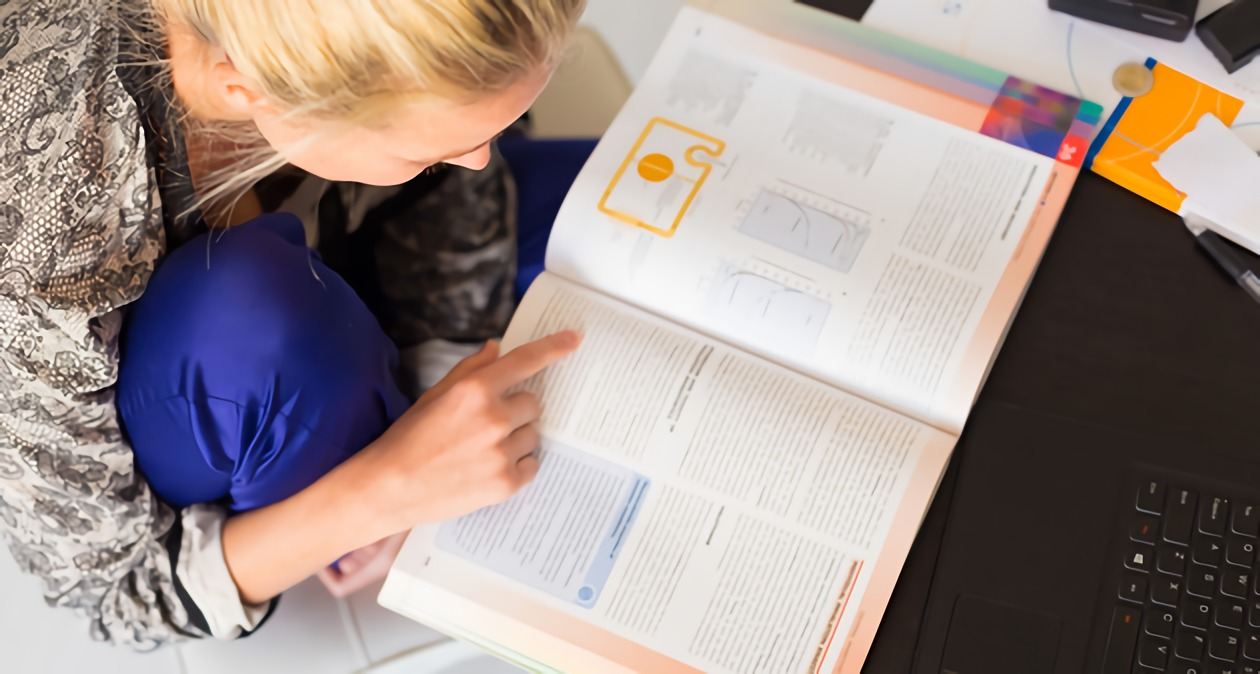TWS is a Great Training Option for Everyone
Learn more about how we can prepare you to advance your career.
Simply put, a learning strategy will help you understand information, solve problems, and employ new knowledge. Processing and applying new information is the most important aspect of succeeding in vocational school. In vocational training programs, students acquire technical skills through hands-on training and study materials to help them enter the skilled trades workforce. Learning strategies will help you complete your training learn the skills you need.
Whether you learn about solar technology in our HVAC training program in Jacksonville or Houston, or about commercial wiring in an electrician training program, implement the following learning strategies to meet your student and career goals in 2016:
1. Set specific goals
Setting goals gives you long-term vision and short-term motivation. It helps improve academic performance, increases ambition, enhances pride and satisfaction, and raises self-confidence.[i] As a vocational student, goals may include identifying and reducing weaknesses, perfecting skills, passing exams or obtaining certifications. These goals allow you to track your progress and can help you plan out your career path.
2. Create a study plan
Creating a balanced study plan is essential to effective student learning as it provides structure and prevents stress. Design your study plan early, find available time, set priorities, chose a study style, and – most importantly – stick to your plan.[ii] This way, you will be able to identify weak spots in advance, focus on skills that need practice, and prepare more easily for exams. Regular, planned study sessions are better for retention than cramming at the last minute.
Have You Considered a Career in the Skilled Trades?
Fill out the form to recieve a no obligation info packet.
3. Take study breaks
Study breaks are important to allow your brain to recover and refresh. As your attention span and willpower are limited, your brain (and the rest of your body) will become fatigued, which will impede its ability to retain information.[iii] Getting up, going outside, or any other brief activity that gives your mind a rest are helpful.
4. Use new technology
Try new technologies to enhance the learning experience. A variety of desktop and mobile tools and applications can help you enhance your study routine by offering services like recording lectures, accessing mentoring services, organizing study materials, creating digital flashcards, and managing study time.[iv]
5. Collaborate with other students
Studying with other students can be very beneficial. Your peers can help you when you have difficulties with the material, motivate you when you’re overwhelmed, and encourage you to stick to your study goals. Furthermore, explaining new information to someone else also forces you to organize and approach it in a systematic way, thus helping you to process and apply this new knowledge better.[v]
Employing learning strategies can have a tremendous effect on your skilled trades training and career. You will be a better vocational student and a more competitive employment candidate if you approach learning and studying in a methodical manner.

New: Industrial Maintenance
Learn About Our New Advanced Industrial Maintenance Program
Tulsa Welding School is proud to announce our newest program offering available at our Houston & Dallas Metro Campuses – Advanced Industrial Maintenance Technology! Learn the skills you need to take on the industries of manufacturing, distribution, energy production and facility maintenance in as few as 7 months.
[i] http://teaching.monster.com/benefits/articles/9440-effective-goal-setting-for-students
[ii] http://web.mit.edu/uaap/learning/test/plan.html
[iii] http://www.aiuniv.edu/blog/october-2012/5-tips-for-retaining-information
[iv] http://www.educatorstechnology.com/2012/10/top-5-apps-to-help-you-study.html
[v] http://www.aiuniv.edu/blog/october-2012/5-tips-for-retaining-information
This blog has been labeled as archived as it may no longer contain the most up-to-date data. For a list of all current blog posts, please visit our blog homepage at https://www.tws.edu/blog/








